When people think of eating disorders, the image that usually comes to mind is a teenage girl battling body image issues.
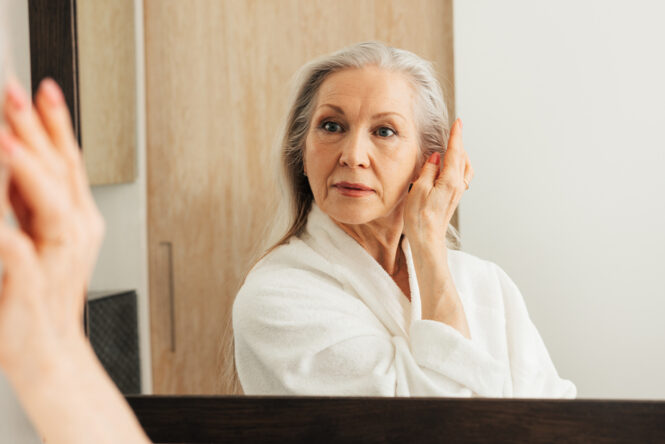
However, the reality is far broader, and a lot more overlooked. Older adults, including those in their 40s, 50s, 60s and beyond, can and do develop eating disorders. Data suggests that between 1.8% and 3.8% of women over the age of 60 have an eating disorder, and 88% of older eating disorder patients are women. These numbers might not seem major, but they are.
Sometimes it’s a lifelong struggle that was never treated. Sometimes it starts later in life due to grief, menopause, chronic illness, or sudden lifestyle changes. Either way, it’s time we stopped assuming eating disorders are only for the young. Here’s why recognising this issue in older adults really matters.
1. The warning signs are often missed or misinterpreted.

Weight loss in older adults is often seen as a health win or a natural part of ageing. However, it can actually mask disordered behaviours, especially when it’s rapid, unexplained, or tied to restriction. Fatigue, digestive issues, or appetite changes might be dismissed as medical side effects, when in fact they’re rooted in an untreated eating disorder. By the time someone realises what’s going on, it’s often deeply embedded.
2. Diet culture doesn’t disappear with age.
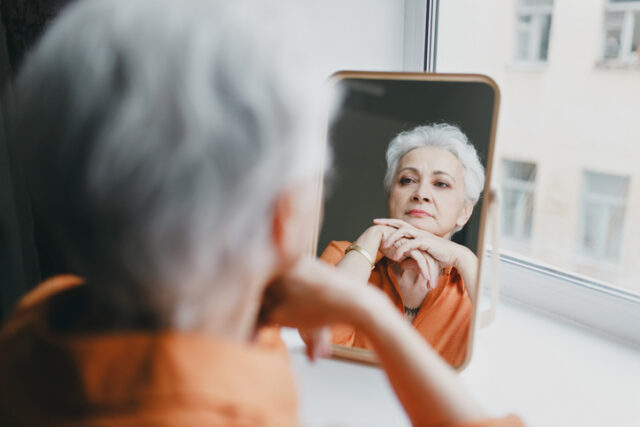
The pressure to be thin doesn’t magically lift once someone hits 50. In fact, older adults—especially women—often feel even more pressure to “age well,” stay slim, or control their bodies post-menopause. Throw in decades of diet messaging, and it’s no surprise that disordered eating patterns can continue or even worsen with age. The desire for control, youthfulness, or worthiness doesn’t vanish—it just gets quieter and harder to spot.
3. Grief, divorce, and life transitions can trigger it.

Major life changes such as losing a partner, retirement, children leaving home, or illness can shake a person’s sense of self. For some, controlling food becomes a way to cope when everything else feels unpredictable. What looks like a new diet or health kick may actually be masking emotional distress. It’s not about vanity; it’s about survival during huge emotional changes.
4. Medical professionals don’t always spot the signs.
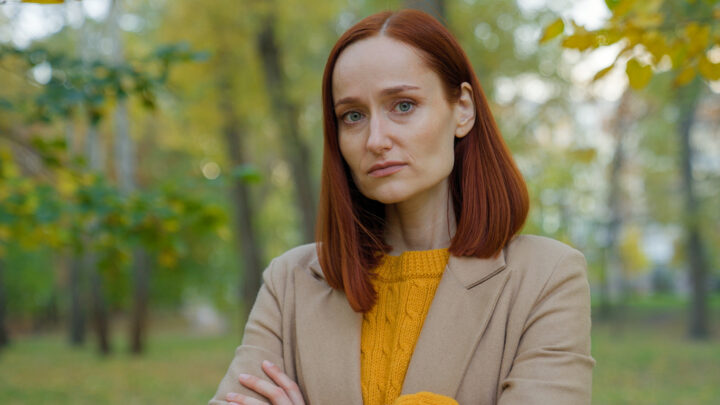
GPs might focus on physical health without digging into emotional wellbeing, especially with older patients. When weight loss is praised or left unexamined, the disorder can go completely unnoticed. Even if someone does raise concerns, they might be brushed off with “You’re fine for your age,” when what they actually need is support, not dismissal.
5. Many have struggled in silence since youth.

Plenty of older adults have had disordered eating habits for decades. They might have never been formally diagnosed, or they may have been praised for thinness and control for most of their lives. These patterns become deeply ingrained and harder to identify because they’ve been normalised for so long. Bringing them into the light now can be both freeing and life-saving.
6. Men are even more likely to go unnoticed.
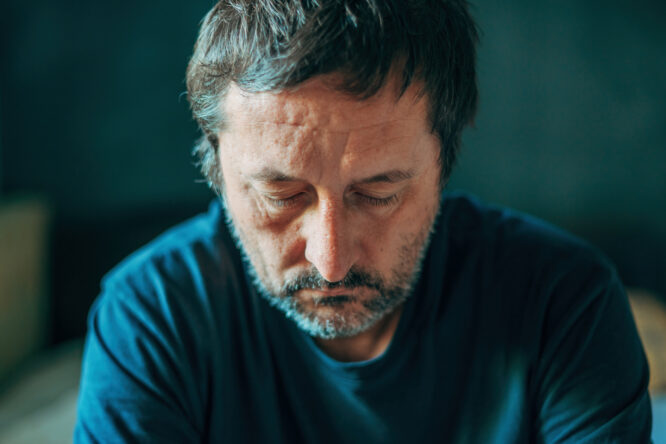
Because eating disorders are so often seen as “female issues,” men of all ages—especially older men—get overlooked completely. If they’re restricting food, binge eating, or overexercising, it rarely gets flagged as disordered. This makes it harder for men to ask for help. They may not even realise what they’re experiencing is an eating disorder at all.
7. Isolation makes things worse.
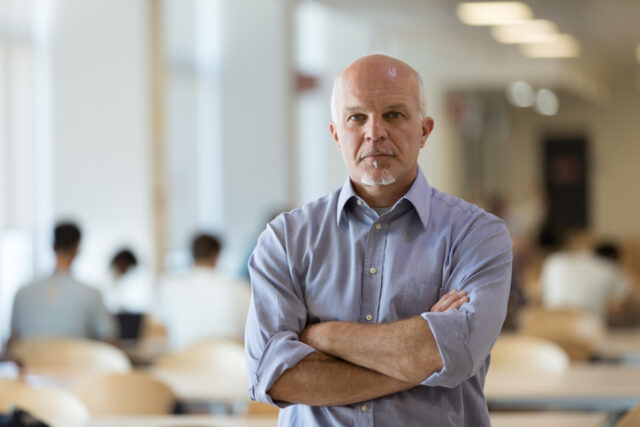
Older adults are more likely to live alone, especially after bereavement or retirement. With no one around to notice changes in eating habits, behaviours can spiral in private. Loneliness also feeds into emotional eating or food restriction. When there’s little social interaction, food can become the main source of control, or the main way to self-soothe.
8. There’s shame in admitting it “at this age.”

Many older adults feel embarrassed to say they’re struggling with food, especially when it’s seen as a “teenage problem.” They fear they’ll be judged, laughed at, or dismissed. So instead, they say nothing, and the problem quietly gets worse. Normalising these conversations for all ages could change that.
9. Treatment options are often geared toward the young.

Support groups, treatment centres, and even online resources tend to focus on younger people. Older adults might not feel like they belong or that anyone understands their experience. The lack of age-inclusive care means many give up before they’ve even started. Of course, recovery is possible at any age if the support is tailored appropriately.
10. It’s not “just about food”—it’s emotional.

Older adults with eating disorders aren’t just obsessed with calories or diets. They’re often dealing with grief, trauma, control issues, or deep-rooted feelings of not being good enough. Food becomes the symptom, not the root. That emotional complexity deserves just as much attention in a 65-year-old as it does in a 16-year-old.
11. Everyone deserves peace with food—at every stage of life.

No one is “too old” to get help. No one is past the point of healing. Whether the disordered eating started recently or has been hanging around for decades, every person deserves the chance to feel safe in their own body again. We need to start recognising that eating disorders don’t have an age limit, and recovery doesn’t either.




